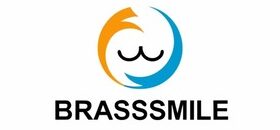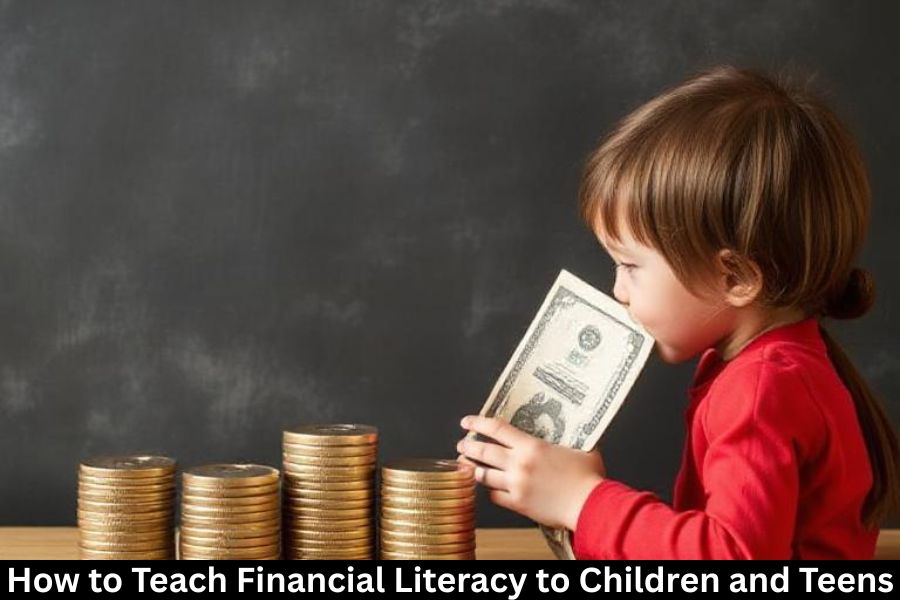Money is the very thing that keeps the world moving, and most schools never teach children the management of money. Hard to believe, right? Financial literacy is basically about making sound decisions in any matter related to the purchase of a bicycle or a home. So the sooner your kids or teens learn about money, the better equipped they are for a life of success and independence. Let’s suppose you do not wait till your teen starts driving and then explain traffic rules; then why wait to teach them about finances?
What Is Financial Literacy?
The Basic Concepts
Financial literacy means understanding how money works. This includes money earning, money saving, money spending, budgeting, and investing. Basically, it is a set of skills everyone should possess to make sound decisions relating to money.
Why It Is Important for the Next Generation
With credit cards, buy-now-pay-later apps, and countless social media distractions, kids are brought up with a lot of financial noise. Teaching how to use money is, therefore, not going to be just beneficial, but it has to be an imperative.
Age-Appropriate Financial Concepts
Let’s break it down according to age groups because a 6-year-old and a 16-year-old certainly learn differently.
Ages 5 to 8
- Teach basic money values (coins, bills)
- Explain the differences between needs and wants
- Have the child use a piggy bank to save money
Ages 9 to 12
- Talk about saving towards different goals
- Give allowances with chores attached to them
- Allow for smaller budgets in fun activities and snacks
Make 13- to 18-Year-Olds Budget Their Income
- Discuss bank accounts and debit cards
- Have an open discussion about credit, loans, and interest rates
Fun and Simple Ways to Teach Money Lessons to Kids
Teaching them about money should never be boring. Learning should be fun!
Games and Apps That Nullify Learning Boredom
- PiggyBot and Bankaroo for younger kids
- Greenlight or FamZoo for teens to manage real money under parental supervision
Allowance Method
Allowance can be considered a mini “salary” for teaching children to split their money into save, spend, and give categories.”
Money Jars and Envelope System
Use real-life money jars or envelope budgeting to make kids feel where their money goes.
Teaching the Value of Saving
Saving is more than just a habit; it is a life skill.
Start with Piggy Banks
Show preschoolers the joy and excitement of watching small coins multiply.
Open a Youth Savings Account
Older children get to see the effects of savings along with interest payments.
Set Saving Goals Together
Has she set her eyes on a new toy or phone? Help set up a saving plan for her and celebrate its reaching.
Conclusion: Building Financial Confidence for Life
Giving financial literacy lessons is not about training mini accountants. It is about raising confident, capable young adults who know how to make good choices. As soon as kids get to know money, they also get the knowledge of being responsible, patient, and independent. Start small, have fun, and remember—it is never too late or too early to teach someone about the value of a dollar.
FAQs
1. At what age should I start talking money with my kid?
Start as early as 5 years of age with the most basic notions of money. Matching the lessons with the level of understanding is key.
2. Should I link allowances to doing chores?
Many parents do! It teaches kids the concept of earning money, not just getting it.
3. How do I teach about the credit card and debt?
Use real-life instances, give mock credit card statements, or allow them to have a secured card on your supervision.
4. Do you know of any free resources I could use to teach kids about money?”
There are! These free apps and websites include Bankaroo, PBS Kids Financial Games, and Practical Money Skills, which offer resources age-appropriate for children.
5. What if I am, myself, not good with money?
An excellent question to ask. Well, start learning together. Your honesty and willingness will set an example for your children far more than any textbook ever could.




